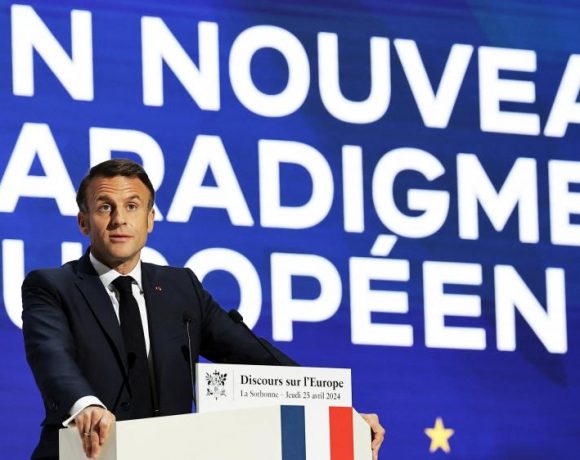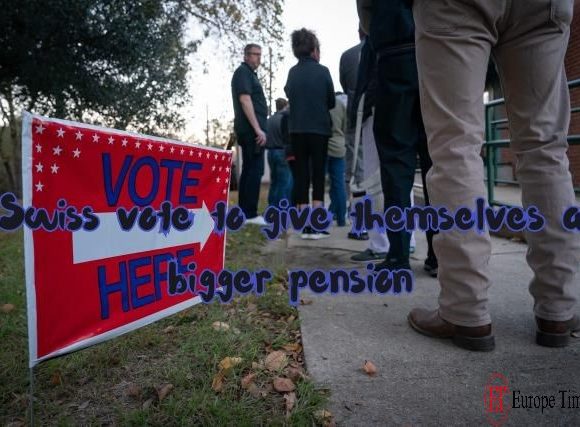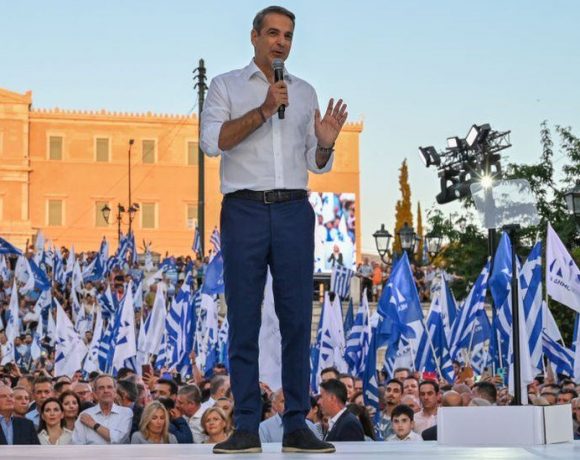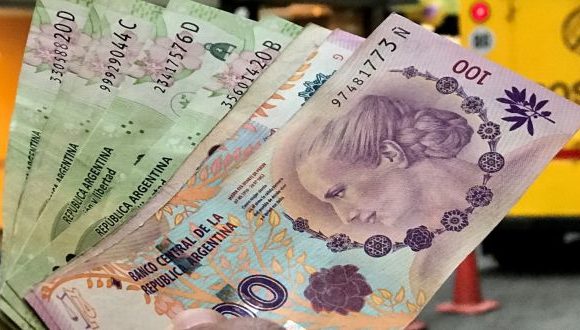
In a significant speech at Sorbonne University, French President Emmanuel Macron issued a stark warning to Europe, stating that the continent must shed its self-imposed naivety or risk its demise. Macron emphasized the urgent need for Europe to adapt to a rapidly changing global landscape, highlighting challenges such as Russian hostility, diminishing US interest, and Chinese competition that could marginalize the EU.
Macron urged European leaders to make decisive moves toward bolstering defense and the economy, advocating for increased protectionism and the development of an independent defense capability. He stressed the importance of Europe asserting itself in international trade, particularly as major players like China and the US disregard established norms.
Addressing concerns over Russia’s actions, Macron defended his stance of strategic ambiguity regarding potential military involvement in Ukraine, emphasizing the need for Europe to assert its independence from the US and reject a bipolar world order.
Macron also warned against Europe’s internal demoralization, urging a reconnection with the values that distinguish the continent. He highlighted the dangers of online disinformation and advocated for stricter regulations, including imposing a minimum age for social media access.
While Macron’s speech aimed to position France at the forefront of European leadership and boost his party’s electoral prospects, it also underscored concerns about the party’s dependence on Macron’s leadership.
Picture Courtesy: Google/images are subject to copyright





